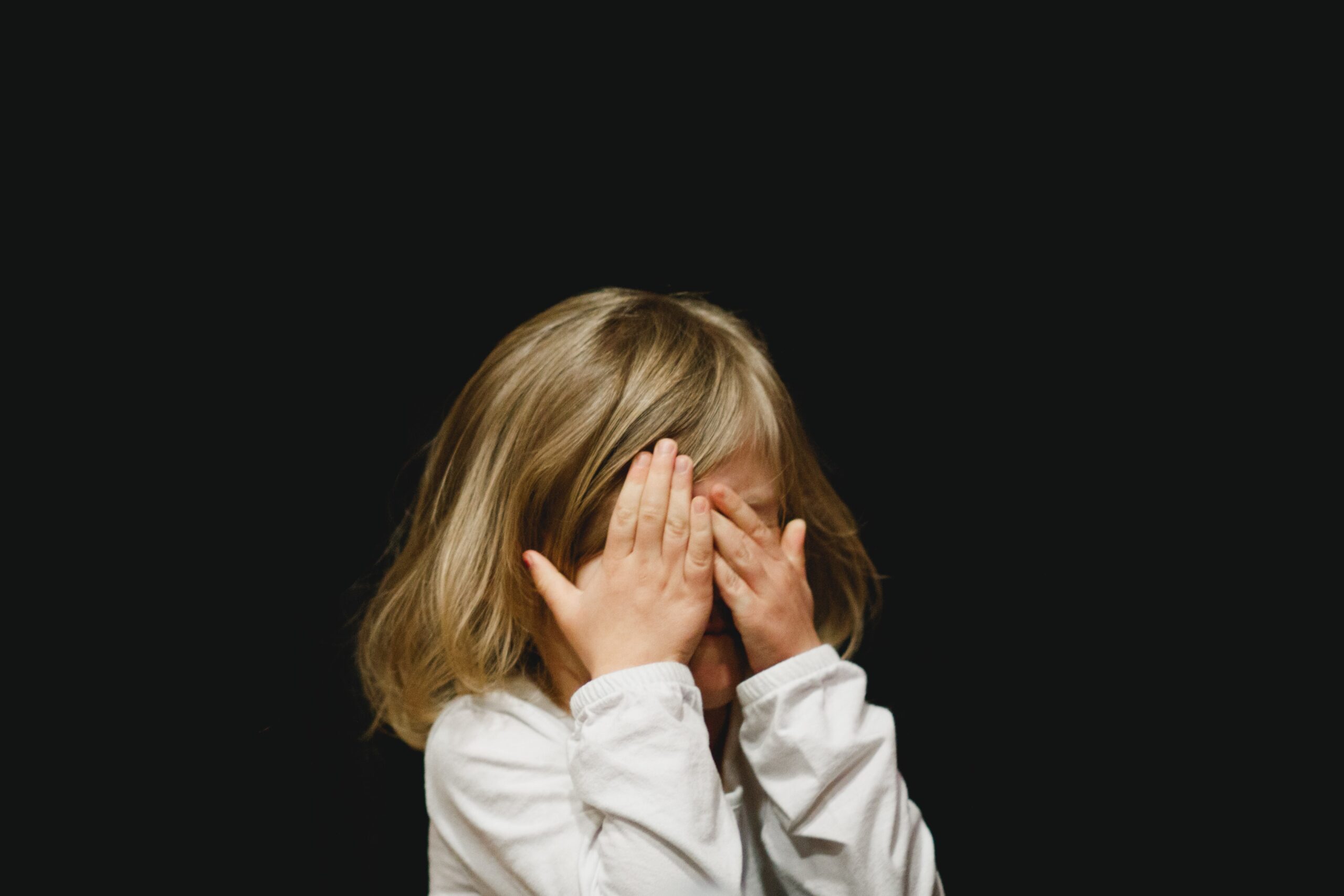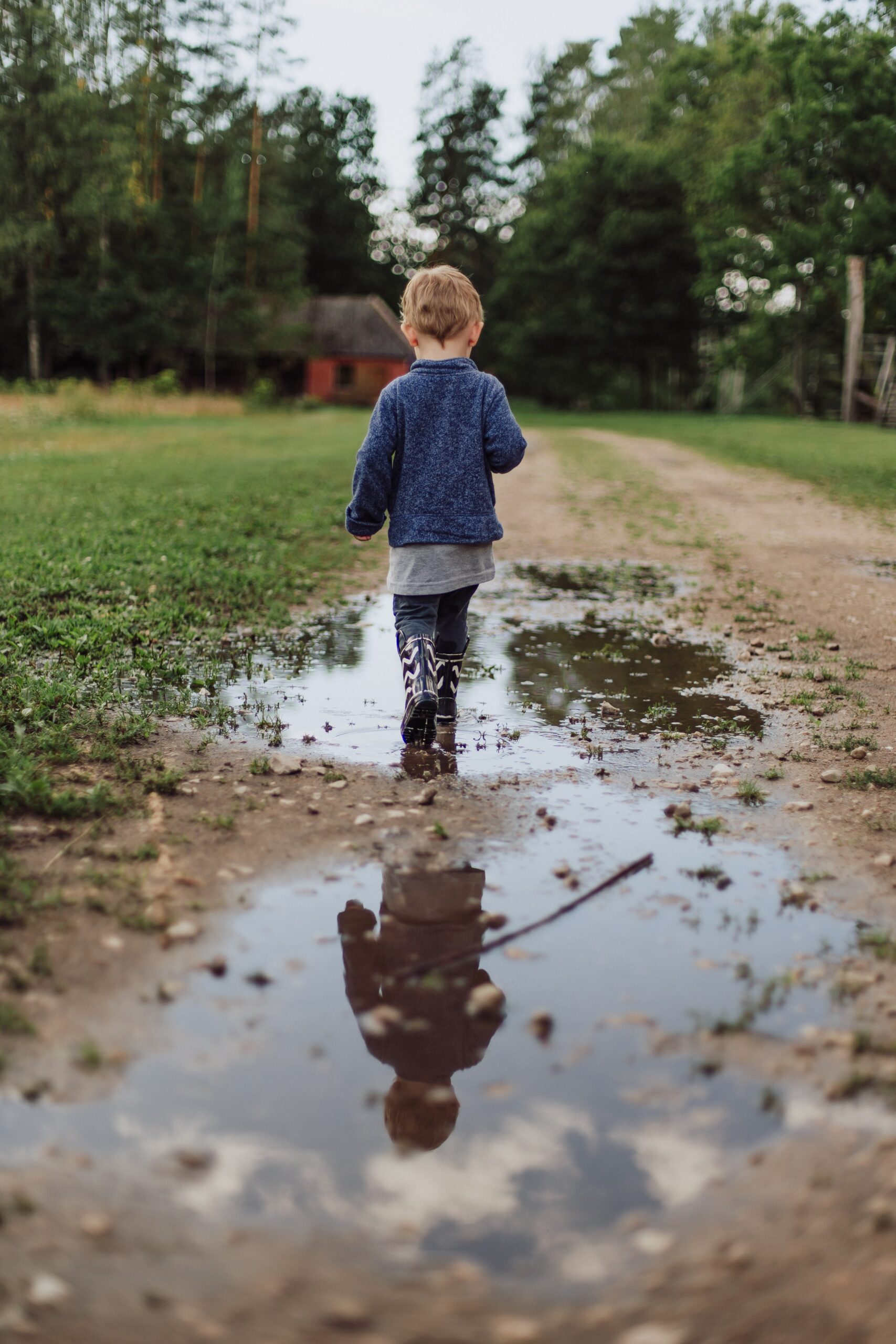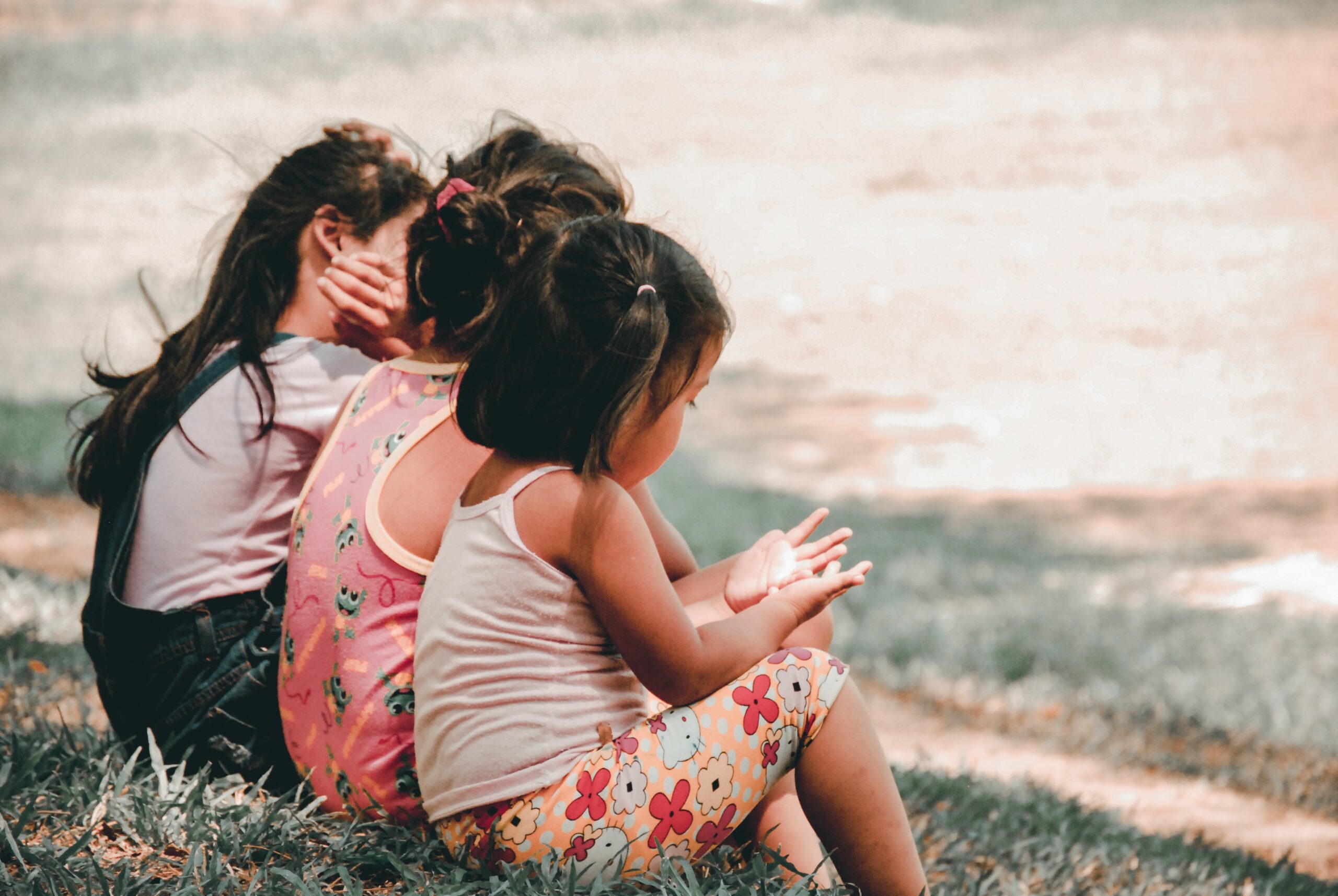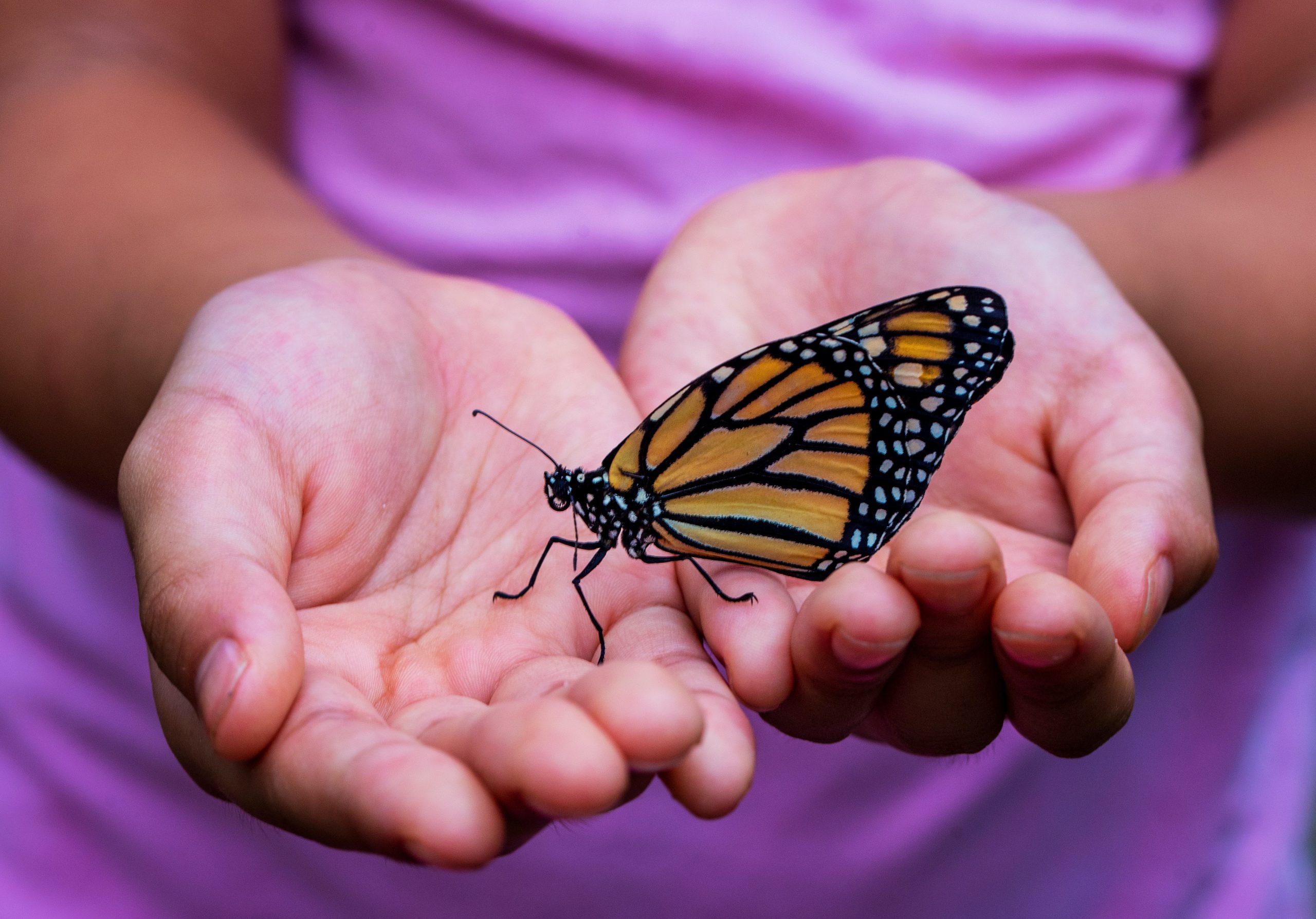Practicing in the time before hospitalists, my on-call duties included examining all babies shortly after birth. In the room with parents and their newborn time melted away: all the outside routine pressures of my life disappeared. The inconvenience of sleep disruption when called to a middle-of-the night c-section paled in comparison to the power of riding the elevator from the first floor OR of our small hospital to the third-floor nursery with a new father gazing in wonder at his baby in the isolette. I saw again and again how a newborn baby brings us into the present moment like nothing else. For them there is only “now.”
Continue readingEarly Relational Health: Preventing Intergenerational Transmission of Shame
Guilt can be a normal and healthy emotional experience. “I’m guilty” can also mean “I’m responsible.” Shame, in contrast is always pathological, and can have destructive effects on emotional development. But without an opportunity to hear the family story, it is impossible to distinguish between the two. Knowing Paul’s story, we can understand it as a kind of intergenerational transmission of shame. Isabel’s sad feelings and expressions of low self-esteem were a communication of distress at an environment of rage, directed both at her and between her parents. One can understand her behavior not as an illness but as an adaptive effort to change the situation.
Continue readingADHD in Preschoolers: A Case of Polarizing Certainty
The rush to diagnose itself represents an intolerance of uncertainty. Sitting in the discomfort of not-knowing while taking time to make sense of the problem calls for a feeling of safety and community of support both of which are lacking for parents and professionals alike. Parents feel judged about their child’s behavior. Clinicians feel urged to find the answer in unrealistically brief visits under pressure of a waiting room full of kids.
Continue readingA Child’s Tantrums: Beyond the Dominant Narrative
A powerful new model named “At The Feet of Storytellers” was presented at the Zero To Three annual conference in October. Rooted in investigation of thoughts, observations, and experiences of African American families, the model of “Early Relational Health Conversations” puts time and space for non-judgmental listening at its core. A pilot study of implementation in pediatrics practice showed significant impact, with publication of findings forthcoming. Intentionally not a “screening tool,” it places the clinician literally on the floor, to learn about strengths of the family system and identify vulnerabilities and needs.
Continue readingCultural Humility as Listening: The Power of Not Knowing
As a physician in training, I learned the concept “cultural competence.” The term suggested that by acquiring knowledge and information we could become experts in people different from ourselves. The current term “cultural humility” reflects a kind of humbleness of not knowing; a necessary time when we feel awkward and uneasy.
Continue readingCelebrating Pediatricians’ Embrace of Early Relational Health
The Frameworks Institute (that also developed the term “toxic stress”) wrote in a recent report: “Early relational health, although a new term, does not designate a new field nor a series of new discoveries. In fact, early relational health builds upon decades of research from the fields of child development, infant mental health and neurodevelopment that has established the centrality of relationships between caregivers and very young children for future health, development and social-emotional wellbeing.”
Continue readingA Child’s Joy in Growing Up: A View from the Pandemic
Typically, the process of separation of child from parent takes place both gradually and relentlessly. The pandemic put a long pause on this natural progression. As we begin to resume “normal” life many will manage re-entry without significant difficulty and get back on track. But for those with a variety of vulnerabilities, the expanse of time to live in the ambivalence may lead to developmental derailment. Whether 2, 12, or 20 these children and their families will need an extra dose of listening and support to find their way forward.
Continue readingCreating Space to Discover a Baby’s Intentions
In a fascinating book Becoming Human, research psychologist Michael Tomasello sees the ability to recognize each other’s intentions as central to our humanness. He proposes that “the ontogeny of human cognitive and social uniqueness is structured by the maturation of children’s capacity for shared intentionality.” To highlight the significance of the process he writes: “Social Bonding via the sharing of emotions, attention, actions and attitudes is an evolutionarily novel phenomenon: individuals feel closer to others as they share experiences with them. This is foundational to virtually all forms of uniquely human cooperation and shred intentionality.” He names the age of nine months, when this behavior first becomes easily observable, the “birth of shared intentionality.”
Continue readingSensory and Emotional Experience: Linked from Birth
Recently in my role as faculty with the University of Massachusetts Boston Infant-Parent Mental Health Program I had the privilege to learn from Erna Blanche, a leader in the field of occupational therapy who trained with Jean Ayres, the mother of sensory processing theory and sensory integration therapy. She described the connection of movement with many different sensations: body position, internal workings of our bodies (interoception), and even the pull of gravity. A number of the fellows, who come from a wide variety of disciplines and from all over the world, expressed a wish to “be an OT in another life.” Since I first became aware in my journey from pediatrician to infant-parent mental health specialist of the depth and breadth of knowledge in the field, I too have had the same thought.
Continue readingWhat Babies Can Teach Us About Repairing the World
Recently I was asked to give a presentation for an audience of early childhood educators about the Adverse Childhood Experiences (ACE) Study. I jumped at the opportunity to frame this powerful research linking early adversity with long-term health consequences into a message of both hope and action. Thus I was particularly pleased to receive an email from an audience member with the following message: “Thank you for your work, the workshop left me with hope. It makes me think of tikkun olam.” I looked up this familiar phrase from Judaism to find its exact meaning: “World Repair.”
Continue reading








